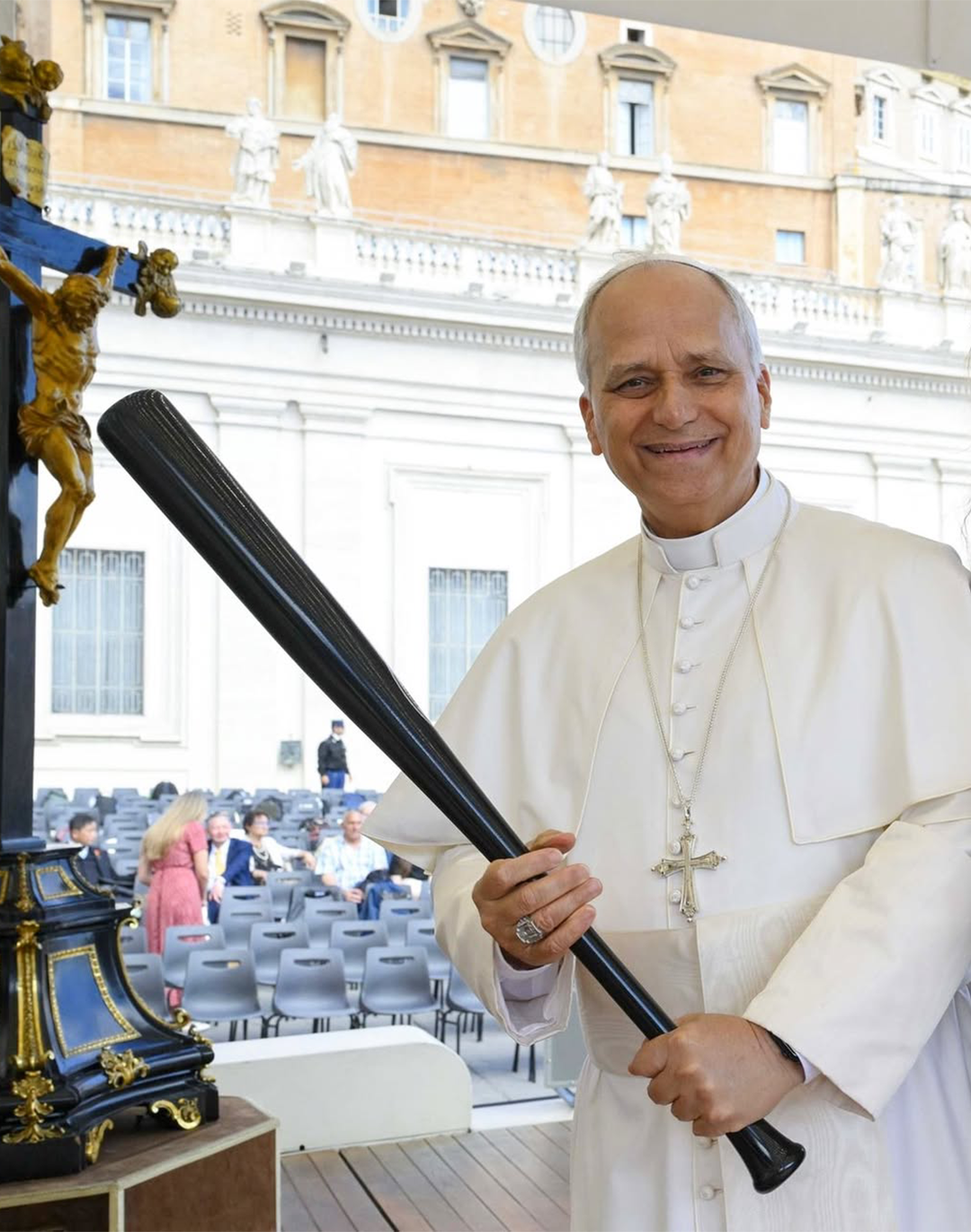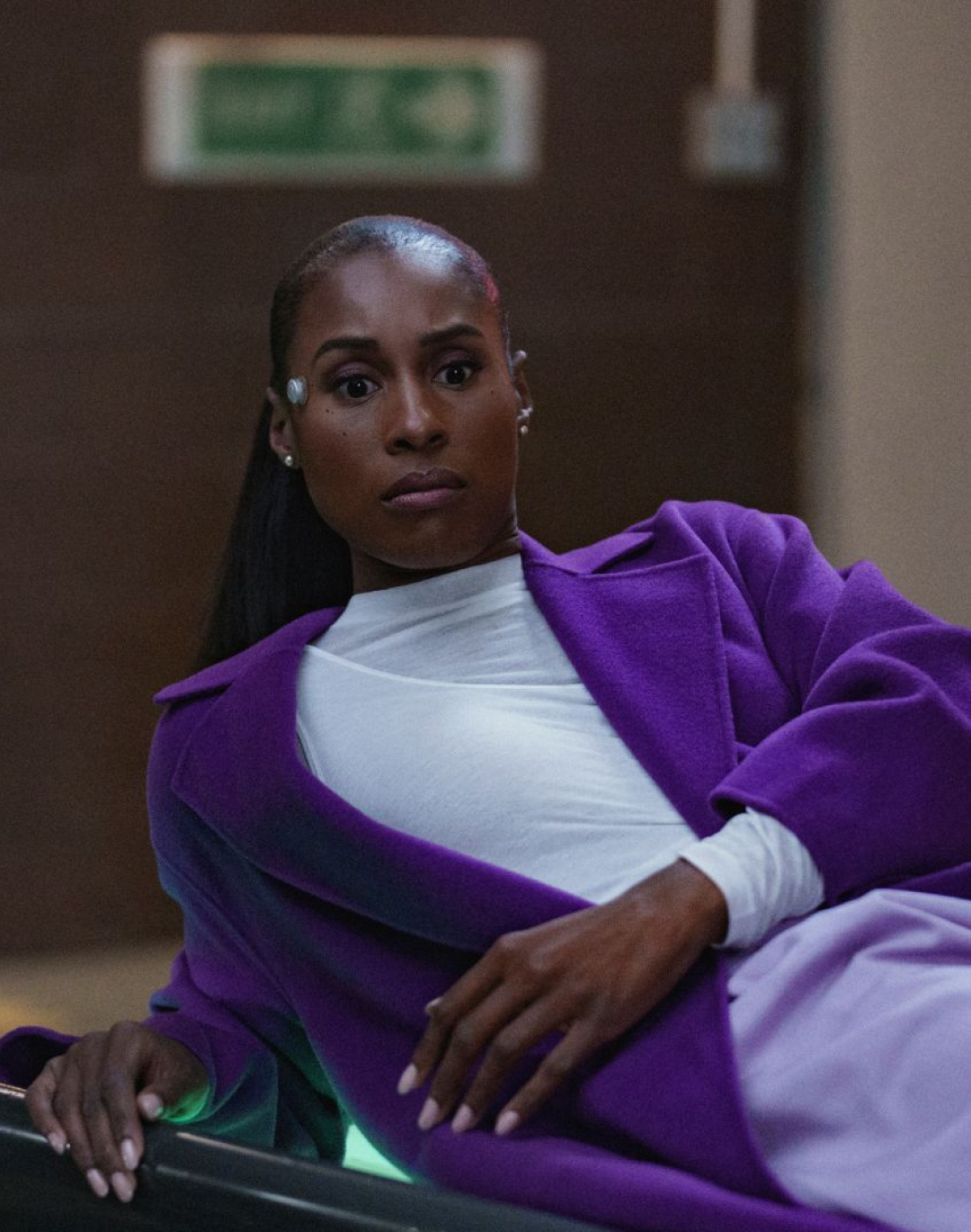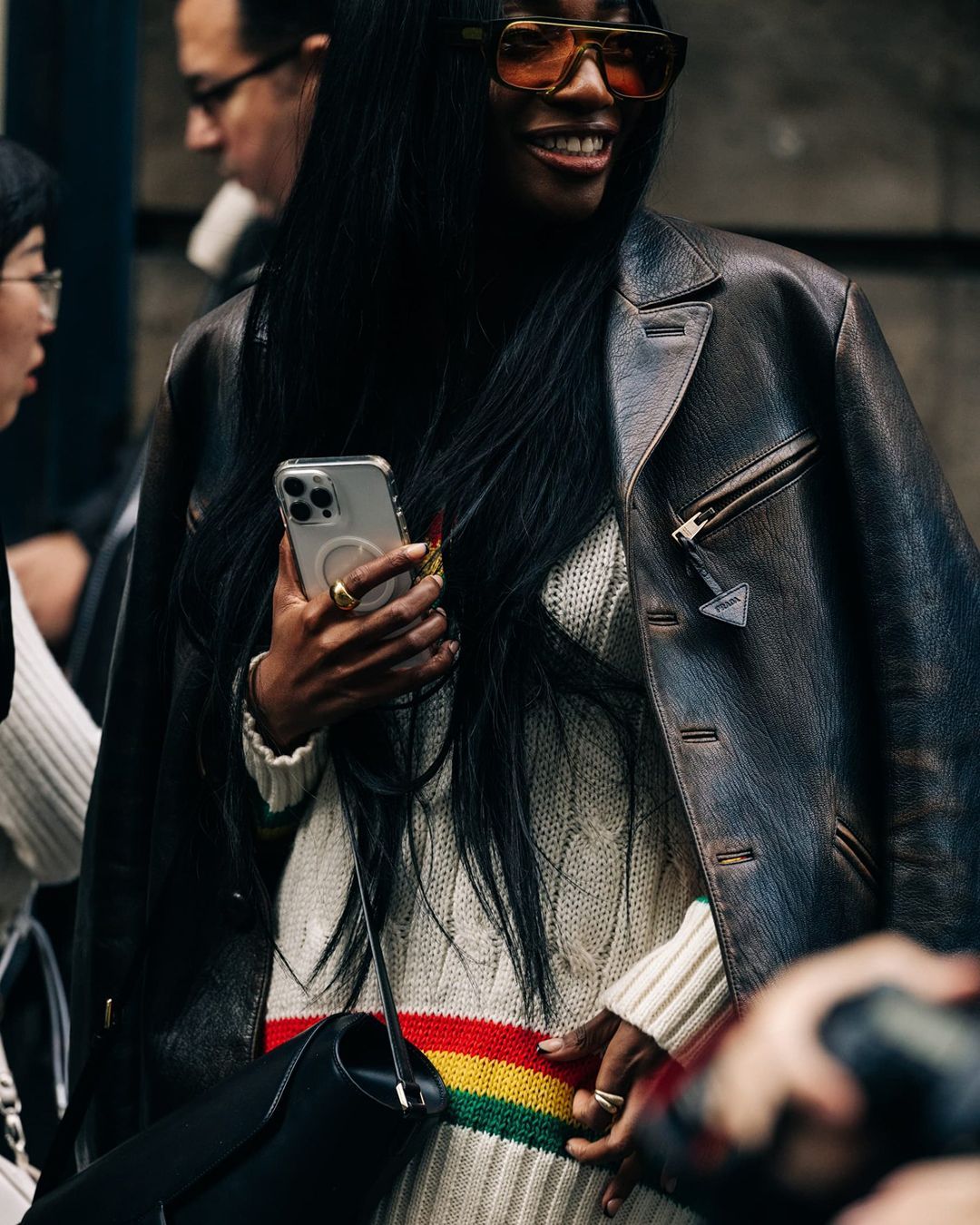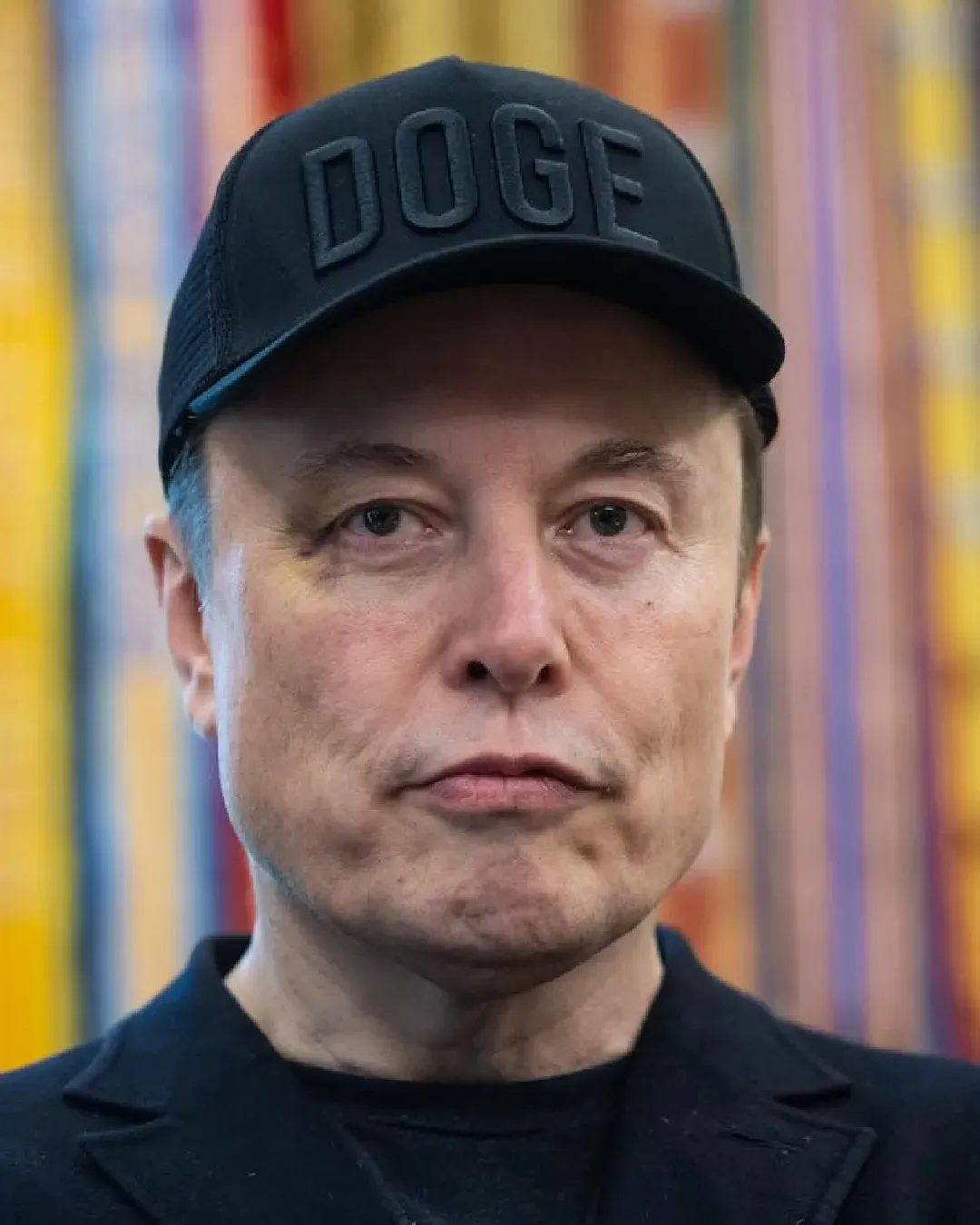
Should we ban social media in Europe too? The Australian revolution pervades popular sentiment around the world
On Thursday, November 28, the Australian Parliament approved a law banning the use of social media for minors under the age of 16. The regulation passed in the Senate with 34 votes in favor and 19 against, was introduced in September by the Labor government led by Anthony Albanese, who, according to BBC News, stated he wants to “restore childhood to young Australians [and] bring peace of mind to parents.” This makes Australia the first country in the world to enact such a restrictive law regarding social media use. With its approval in the federal parliament, the law not only prohibits minors under 16 from creating accounts, accessing, and using social platforms but also provides for fines for companies of up to 50 million Australian dollars (30 million euros) in case of failure to adopt appropriate measures. It is still unclear how the new rules will be enforced or implemented. Although the government has promised robust privacy protections and restrictions on social media giants from using data for other purposes, it remains unclear what type of data people will be required to provide. What is known is that Meta, Snapchat, TikTok, and X have been authorized to propose their monitoring systems during a trial period ending in mid-2025, considering the law will not take effect for another 12 months. What would happen if other countries followed the Australian model?
I support Australia’s social media ban for people under 16 but they ought to expand it to include everyone over 16 as well.
— they/them might be giants (@babadookspinoza) November 28, 2024
Australian Communications Minister Michelle Rowland declared that the laws will not apply to messaging services such as Facebook Messenger or WhatsApp, nor to YouTube, as it is considered an educational channel. According to Rowland, platforms to be restricted will include TikTok, Facebook, Snapchat, Instagram, and X, as well as Reddit. “This is about protecting young people, not punishing or isolating them,” the Minister told the New York Times, and her statements have received widespread support from the Australian public. A survey by YouGov reveals that 77% of Australians are in favor of the ban, while in politics, the social media ban has united all eight federal state leaders. The opposing reactions were immediate and unified. An unlikely alliance of big tech companies, human rights groups, social media experts, and academics voiced harsh criticism, arguing that there are too many unanswered questions about how the law will be applied, how users’ privacy will be protected, and whether the ban will effectively protect minors.
@katclark Unpopular opinion but I dont think its going to work, good luck though lol #socialmedia original sound - Kat Clark
Elon Musk was one of the first to comment on his X profile—in his usual style—claiming that the move is a way to control all Australians. Meta, through a spokesperson, accused the Australian government of ignoring the voices of young people, stating they are “concerned about the rushed process behind the legislation’s approval, without adequately considering the evidence [that] the industry already ensures age-appropriate experiences [for] young people.” Snapchat also expressed concerns, while a TikTok spokesperson claimed the ban would push young people “into the dark corners of the web where there are no guidelines, safety tools, or community protections.” The CEO of the Digital Industry Group, an NGO that defends Australia's digital industry, stated that the government had “put the cart before the horse,” by enacting the law without knowing the proper measures and methods to implement. But opposition comes not only from the multibillion-dollar interests of big tech companies or industry associations. Amnesty International warned that the ban could exclude vulnerable young people, such as LGBTQIA+ teens and immigrants, from support networks, pushing them further to the margins. They highlighted the hypocrisy of a state where the age of criminal responsibility is set at 10: in other words, in Australia, a 10-year-old can be prosecuted, but a 15-year-old cannot access Instagram.
Seems like a backdoor way to control access to the Internet by all Australians https://t.co/694yCzWOaB
— Elon Musk (@elonmusk) November 21, 2024
Furthermore, the issue of freedom of speech and the right to participation arises. An open letter to the government signed by over 140 academics raises concerns about whether such a ban serves more as a restriction than protection. Consider figures like Greta Thunberg or Leo Puglisi—an Australian journalist who founded the 6 News Channel at the age of 11 in 2019, a well-known streaming news outlet in Australia. Would they have achieved the same resonance without social media? The Australian case reignites a long-standing debate, questioning: What impact do social media have on the education and development of younger generations? And more importantly, should social platforms bear legal responsibility? The EU already has legislation in this regard—the Digital Services Act of 2023, which requires parental consent for processing minors’ personal data under 16, with member states allowed to lower the limit to 13. Therefore, Europe has a law in place, but the Australian spark may soon ignite a broader movement. French Education Minister Anne Genetet recently confirmed plans to follow Canberra's lead, hoping to implement “something very similar […] in Europe.” Similarly, Danish Prime Minister Mette Frederiksen stated in May 2024 that EU regulations are insufficient on this matter.
@iammisslauriann Life with social media! - Social media ban for under 16’s #school #STEM #STEMfeed #teachers #education #educationnews #educationtiktok #student #socialmedia #technology #ban #technologysecetary #government@BBC News #journorequest Storytelling - Adriel
In Italy, the winds of social prohibition also seem to be blowing: while minors under 14 already require parental consent to join social media, a recent survey by the National Association Di.Te. (Technological Dependencies) found that 47% of young Italians aged 10 to 24 support a total ban on smartphones for those under 14 and a complete ban on social media for those under 16. In the United States, the situation is different. The Children’s Online Privacy Protection Act (COPPA) requires parental consent for websites collecting data from minors under 13, but it was enacted in 1998, long before social media became a reality. For this reason, debates on the topic remain highly contentious. The issue seems to have reached a point of no return, and perhaps this is what scares tech companies the most. Australia's decision sets a significant precedent, and if all countries worldwide were to follow suit—and they could—it would break the legal liability shield behind which Meta and other companies have long sheltered themselves. Beyond legal repercussions, the economic impact is also significant. As The Guardian points out, the concern is not just the 5.7 million Australian minors who might abandon social media but the broader consequences of a global adoption of similar restrictions. If other countries follow Australia’s example, big tech companies would face an extremely uncertain future, with hundreds of millions of users potentially lost.














































